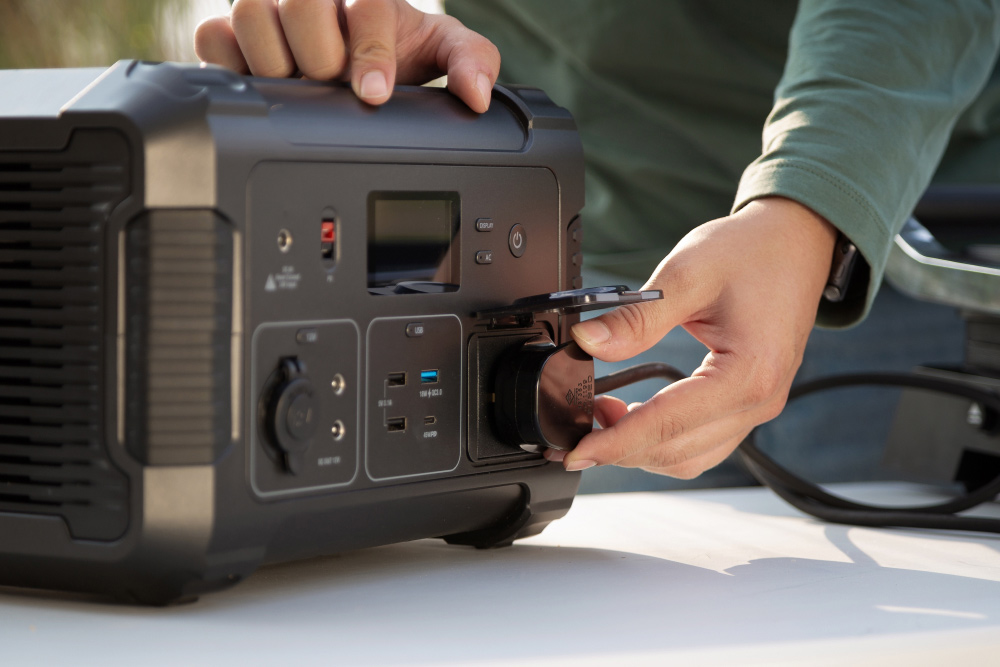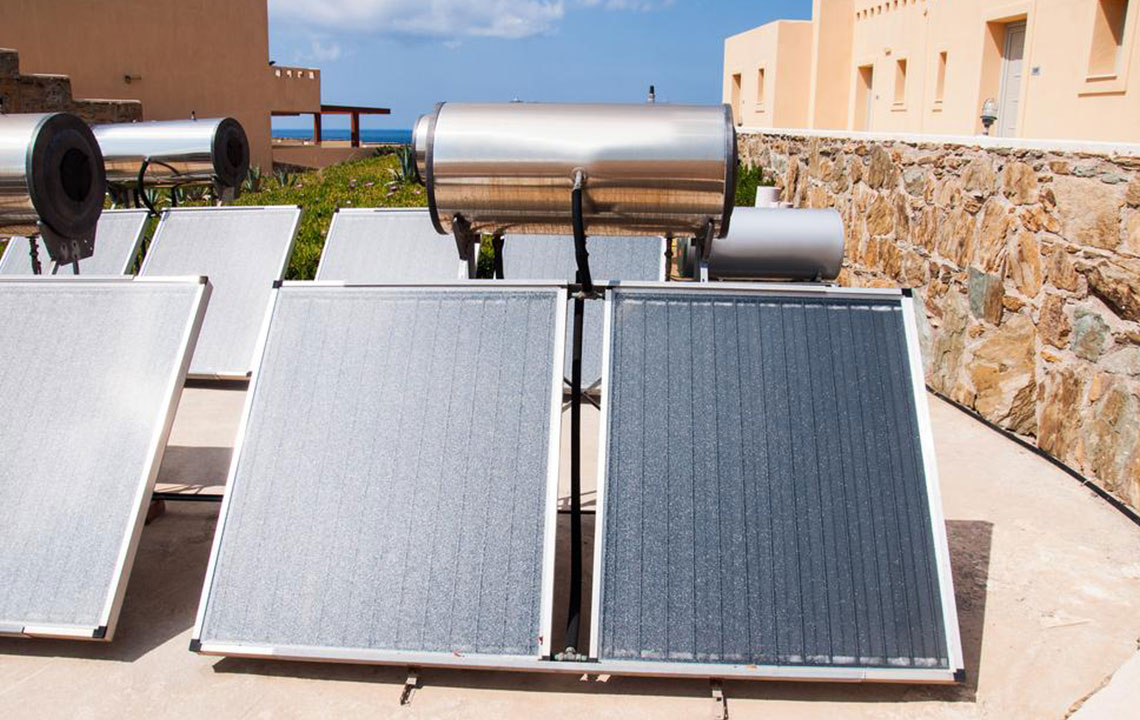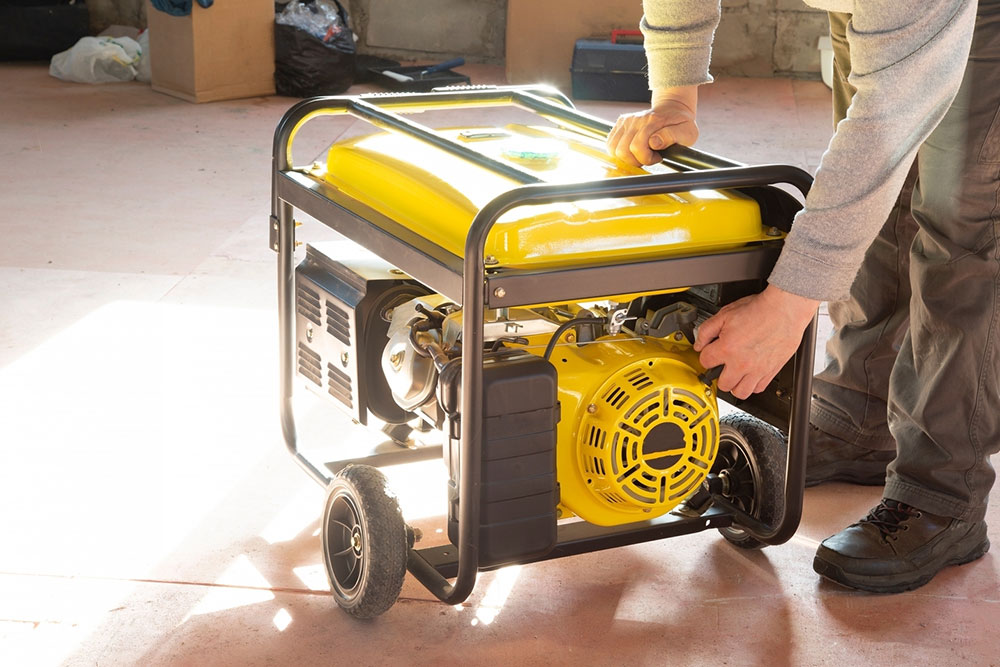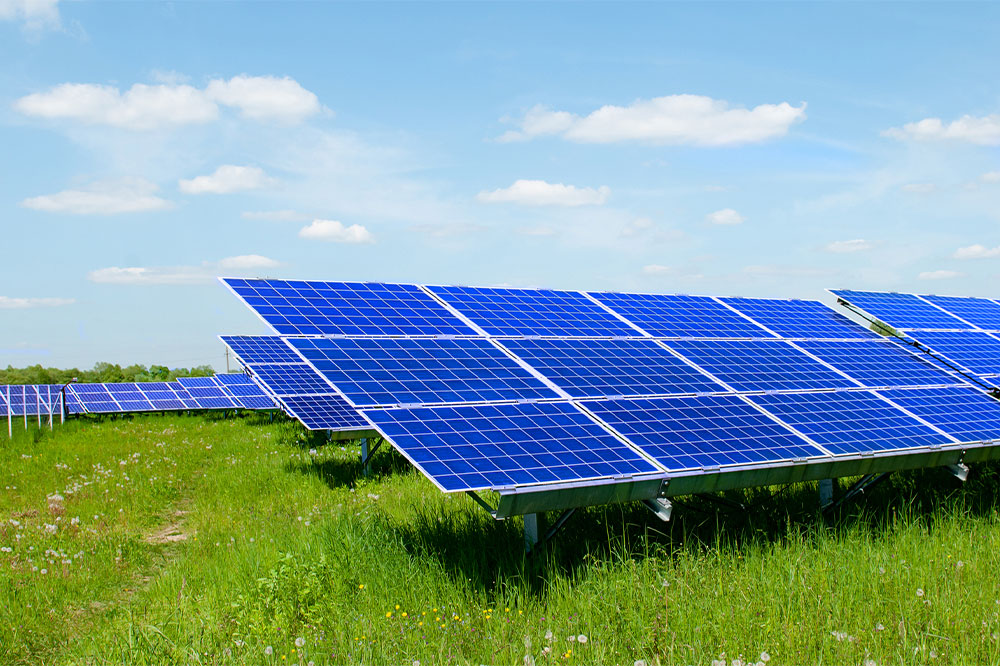Essential Tips for Choosing the Right Portable Power Generator
Discover essential tips for choosing the ideal portable power generator, including capacity, technology, and price considerations. This guide highlights key features, benefits, and top brands to help you make an informed purchase for outdoor adventures, emergencies, or mobile living. Stay powered reliably wherever you go with the right energy solution.
Sponsored

Portable power generators are valuable assets for those needing dependable electricity source when off the grid. Unlike simple power banks designed for small gadgets like phones and speakers, these devices can power larger equipment including mini fridges, power tools, projectors, and drones. Compact and portable, these high-capacity battery units are perfect for outdoor excursions, travel, and mobile lifestyles. Evaluating key factors before purchasing can help consumers select the most suitable model for their needs.
Given the variety of options available, understanding aspects such as capacity, technology, and price will lead to smarter buying decisions, ensuring reliable power on the go.
Typical price ranges for portable power generators
High-capacity portable power units come in diverse categories and price points. Premium models from well-known brands and those packed with advanced features are usually more expensive. Generally, prices range from approximately £320 to over £1,400, with some models costing more depending on brand reputation, added functionalities, and available ports.
Key factors to consider when buying portable power sources
1. Capacity
Measured in watt-hours (Wh), capacity determines how long a device can run or how many times it can recharge appliances. For instance, a 200Wh generator can charge a phone roughly 12 times, whereas an 800Wh unit can recharge it about 62 times. Higher Wh ratings mean greater energy storage, suitable for long outdoor stays. Budget-conscious buyers with minimal power needs can opt for smaller models.
2. Battery Technology
Core components include batteries, inverters, charge controllers, and fans. Since batteries are crucial, understanding the type—such as lithium iron phosphate (LiFePO4)—is essential. These batteries are favored for their thermal stability, light weight, good energy density, environmental friendliness, and longevity, making them ideal for sustainable, long-term use.
3. Power Output
Power output affects the number and types of devices that can be charged simultaneously. Higher output units can run larger appliances like air conditioners and hairdryers, making them suitable for demanding tasks. Selecting generators with maximum power output ensures versatility and efficiency during outdoor activities or power outages.
4. Charging Options
Most portable generators can be recharged via wall outlets, solar panels, or car 12V ports. Charging speed varies, with wall sockets typically offering faster recharge times. Opting for models with multiple inputs and rapid charging capabilities allows flexible recharging in different scenarios—for instance, at home, in vehicles, or through solar energy.
5. Budget
Higher-priced units often feature more advanced specs and functionalities, but those with basic power needs may prefer budget-friendly options. It's vital to choose a generator that aligns with your specific requirements to ensure value for money.
Additional considerations include portability, maintenance requirements, eco-friendliness, and runtime. These factors contribute to overall satisfaction and practicality of the device.
Advantages of Portable Power Generators
1. Power Backup During Emergencies
Whether for travel or emergencies like blackouts or natural disasters, portable power units ensure essential devices stay functional. They serve as a reliable backup, restoring communication, lighting, and other critical functions in tense situations.
2. Eco-Friendly Energy Source
Many modern generators support solar recharging, promoting clean, renewable energy. Using solar power reduces reliance on fossil fuels, helping lower your carbon footprint while maintaining a sustainable energy source.
3. Outdoor Convenience
Designed for portability, these generators are easy to carry in backpacks or vehicle trunks. They provide reliable energy for camping, hiking, RV trips, and other outdoor activities, ensuring your devices remain powered in remote locations.
Leading Manufacturers
Popular brands like Jackery, Anker, EcoFlow, and Bluetti are recognized for producing dependable, efficient portable power stations. These companies focus on delivering powerful, eco-friendly solutions that support multiple devices simultaneously.






